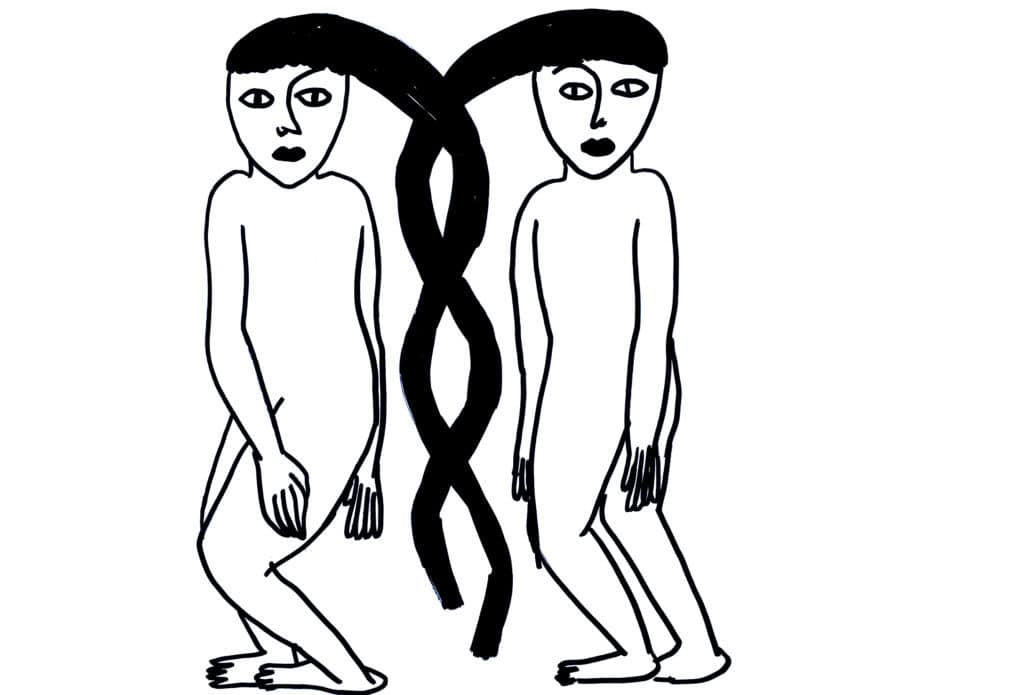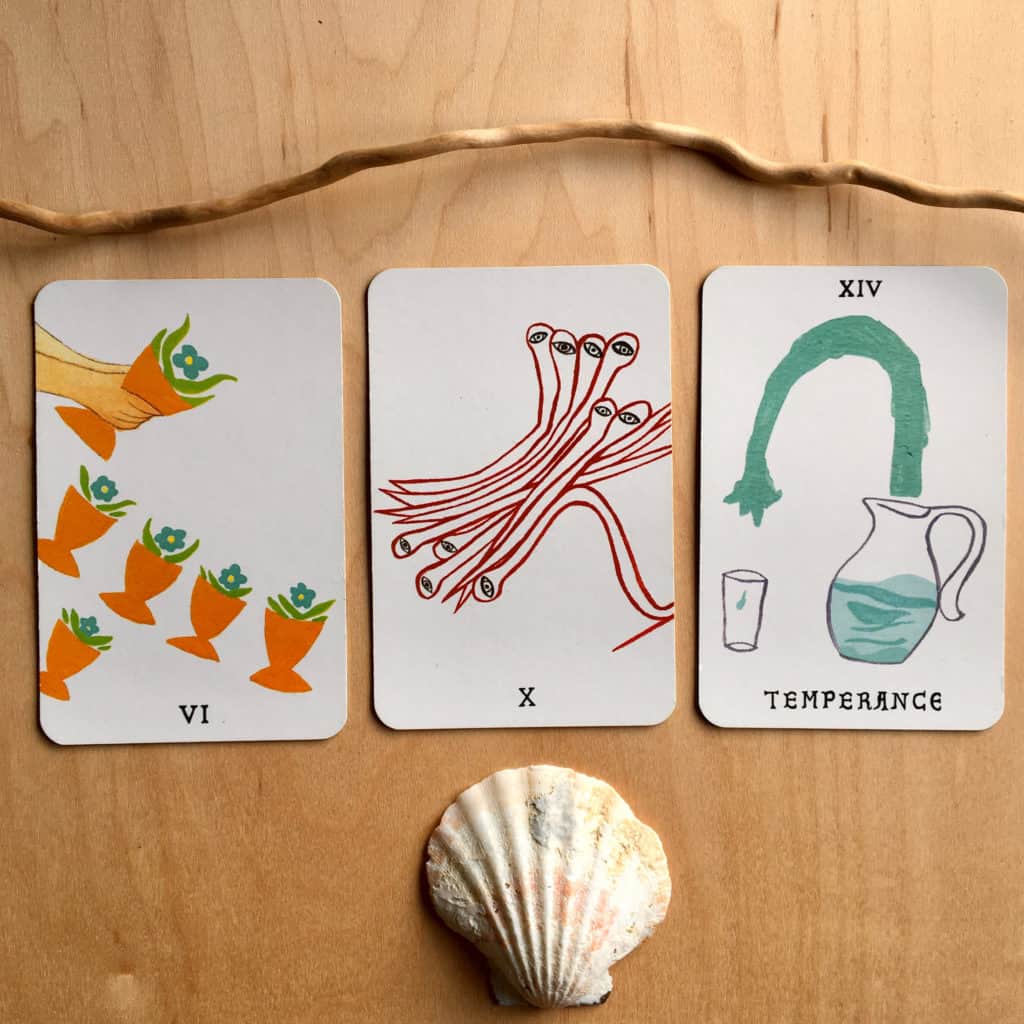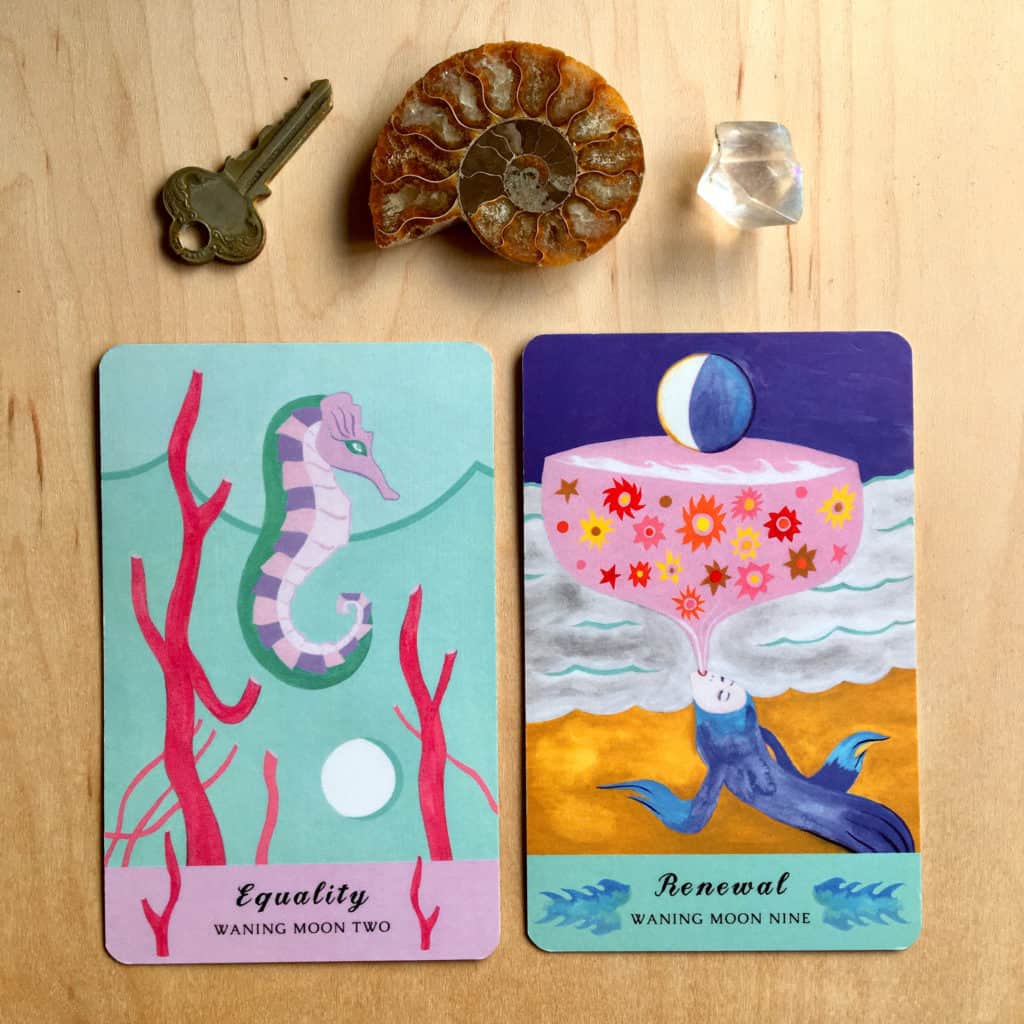Saying Yes to No
Saying Yes to No

Saying no takes some getting used to. The No I am talking about is the type where you are asked to do something you really don’t want to do. Your friend wants you to come over late at night, and says this is the only time available for her. Your job asks you to cancel a day off, which requires you to reschedule plans you made months in advance. Your parents want you to go on a week long vacation with them. Your family members want to discuss religion with you, a topic you both inherently disagree on. Perhaps it’s something as simple as a needy friend, who takes more energy than you have to give.
The answer is those situations is No. No. No.
But we are tempted to say Yes, or to allow it. But why? In my experience, we are often concerned with disappointing people. We choose to put others first, fearing rejection or losing that relationship. We want to make people happy; in other words, we are bent on people pleasing. We don’t want to let others down.
The motivation behind this is often the validation we receive. We are called selfless, caring, and strong. And there’s the added benefit of feeling wanted; being needed by someone can be powerfully validating. But that does not make it love.
In order for people to respect your time and energy, you have to respect your time and energy. And remember that your worth is not contingent on what you do for other people.
Here are some signs that you are being asked to do something that you’re uncomfortable with (and should probably say no to!):
– You find yourself going over the answer again and again in your head.
– You know that committing to the thing being asked of you sacrifices your mental or physical well-being.
– You’re being asked to rearrange your schedule.
– You are doing it to make the other person happy.
So, how do you answer? The obvious simple answer is no. And you don’t need to justify your reasons.

However sometimes the no requires a bit more nuance. For example, the needy friend who wants to connect on a weekly basis might need an answer like, “Now is not the best time, but I think a month from now I will have more time to connect.” In this situation, you respectfully declined but also gave a timeline you were comfortable with.
Sometimes the No requires you to be a bit more frank about your boundaries. A friend may consistently date toxic people, and you are left picking up the pieces. In this case, you tell them you just can’t be their emotional support for what you see as a reoccurring pattern. And you might encourage therapy.
At times, you might feel that the emotional burden of managing a relationship is exhausting. You find yourself having to consistently point out your needs in your relationships. In these cases, it could be time to pull back (or break things off), and gauge how much energy you have for the relationship, measured with how much you receive in return. Sounds a bit transactional, but your energy is a precious resource.
You get the idea.
Here are some cards that would suggest an over-giver and the need to start to saying no more often (including the obvious card that says BOUNDARIES up above!).

